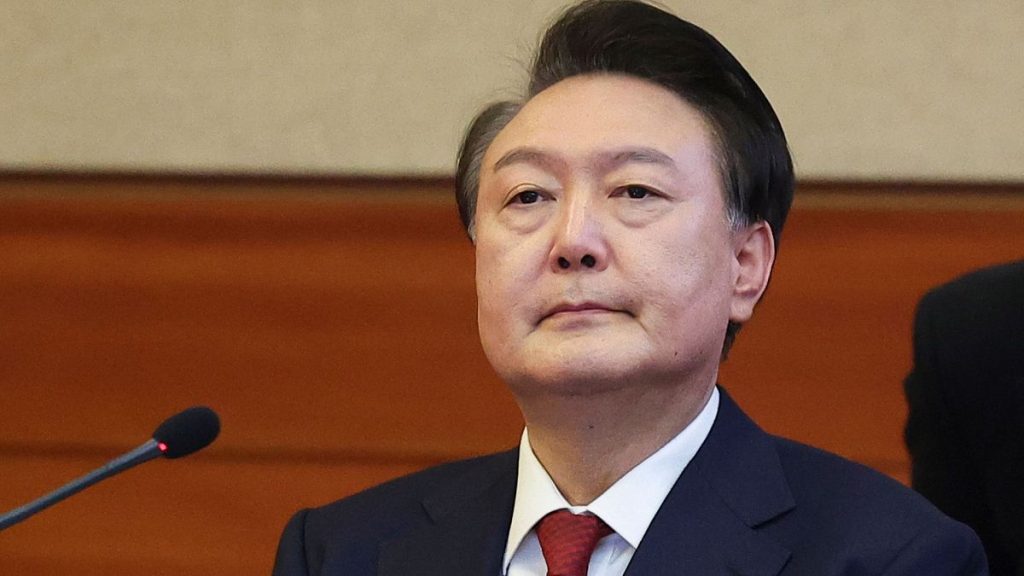The political landscape of South Korea has been dramatically reshaped by the impeachment and subsequent detention of President Yoon Suk-yeol, following his controversial declaration of martial law and attempted military intervention at the National Assembly. Yoon, a conservative leader, insists his actions were intended as a stark warning to the liberal opposition Democratic Party, whom he accused of obstructing government operations, rather than an outright threat of violence or a coup attempt. His declaration of martial law, however, painted the National Assembly as a “den of criminals” harboring “North Korea followers and anti-state forces,” fueling public concern and prompting swift action from lawmakers who promptly nullified the decree.
Yoon’s appearance before the Constitutional Court marked a significant moment in the unfolding crisis. He categorically denied ordering troops to forcibly remove lawmakers from the Assembly, contradicting testimony from a special forces commander who claimed to have received such directives. Yoon argued that physically obstructing the Assembly vote would have been politically disastrous, asserting that he wouldn’t have been able to manage the inevitable public backlash. He also denied authoring a memo regarding the formation of an emergency legislative body prior to the martial law declaration. The court now faces the weighty responsibility of determining Yoon’s political fate – either permanently removing him from office or reinstating him to power.
Beyond the impeachment proceedings, Yoon faces separate criminal investigations into allegations of rebellion and abuse of power, charges that carry severe penalties, including life imprisonment or even the death penalty. His detention, following the issuance of an arrest warrant, signifies a stark break from the traditional immunity enjoyed by South Korean presidents. While immunity typically shields presidents from prosecution, exceptions exist for charges of rebellion or treason, placing Yoon in a precarious legal position. His defence minister, police chief, and several high-ranking military officials have already been arrested for their involvement in enforcing the martial law decree, further isolating the embattled president.
The fallout from Yoon’s actions has reverberated across South Korea, impacting its diplomatic relations, financial stability, and international reputation as a thriving democracy. The political turmoil has exacerbated existing societal divisions, with the opposition vehemently advocating for Yoon’s removal while his supporters continue to rally behind him. The violent protests that erupted following the approval of Yoon’s arrest warrant, resulting in property damage and injuries to police officers, underscore the volatile atmosphere gripping the nation.
Yoon’s defense strategy hinges on portraying his actions as a necessary response to the perceived obstructionism of the opposition party, asserting that his intentions were to uphold the government’s ability to function and not to subvert democratic processes. He maintains that the martial law declaration was a calculated measure designed to send a strong message rather than a genuine attempt to seize control of the legislature. The Constitutional Court, however, will need to weigh this argument against the evidence presented, including the testimony of military officials and the overall context of Yoon’s actions.
The future of South Korea’s political landscape hangs in the balance as the Constitutional Court deliberates on Yoon’s fate. The court’s decision will profoundly impact not only Yoon’s personal trajectory but also the broader political stability and democratic trajectory of the nation. The ongoing criminal investigations further complicate the situation, adding another layer of uncertainty to an already tumultuous political climate. The events surrounding Yoon’s impeachment serve as a stark reminder of the fragility of democratic institutions and the potential consequences of executive overreach.














